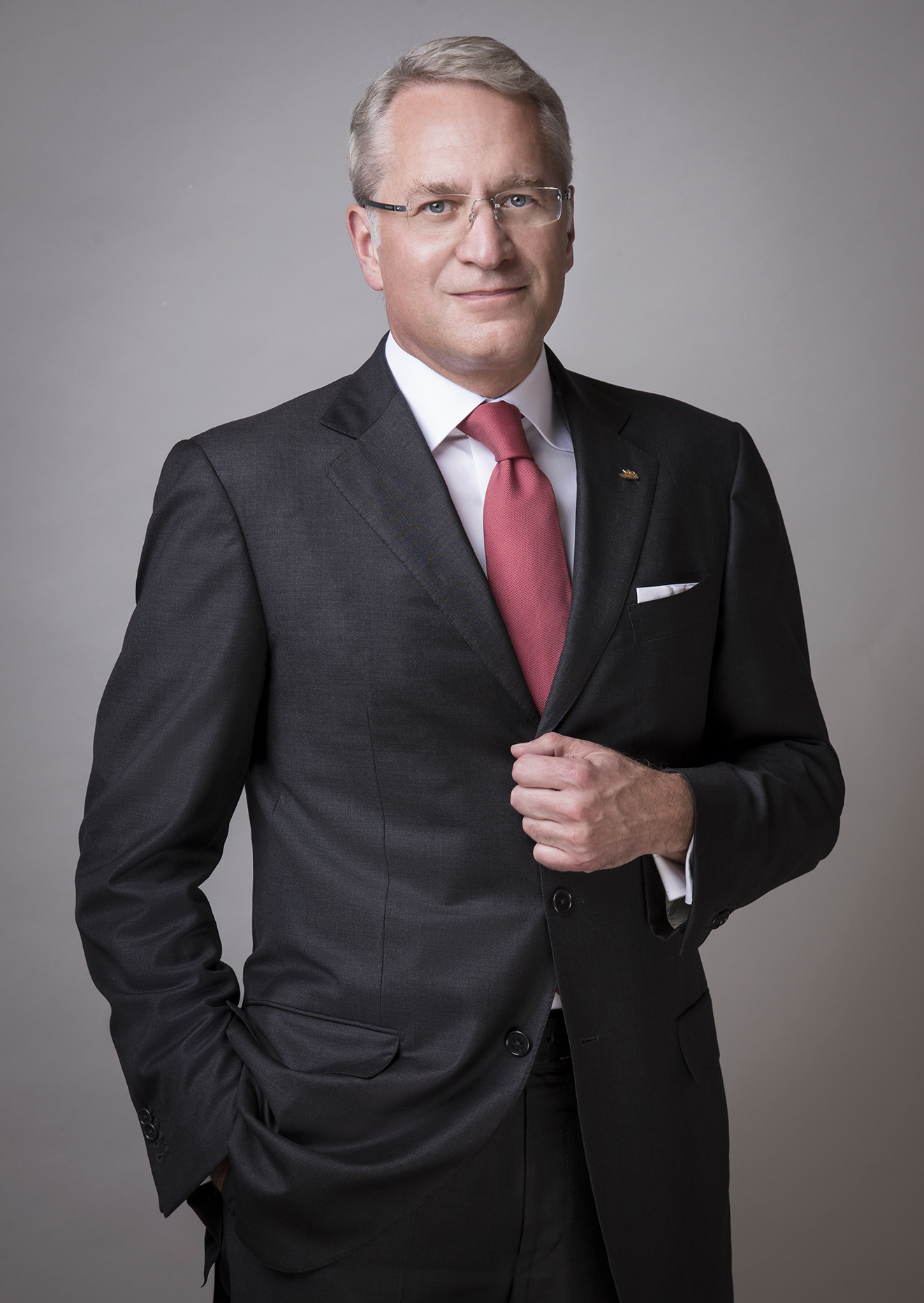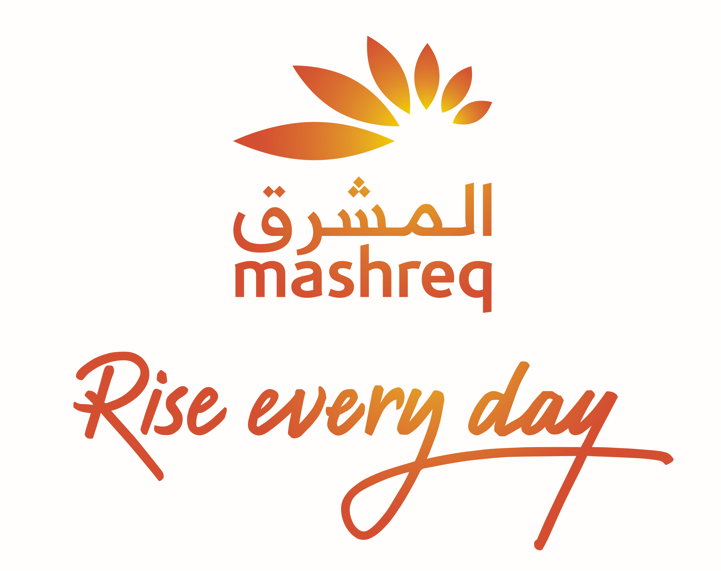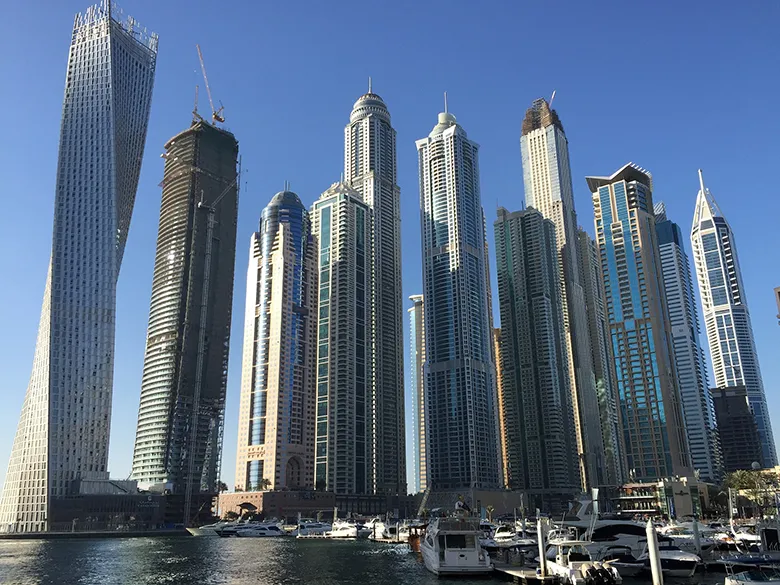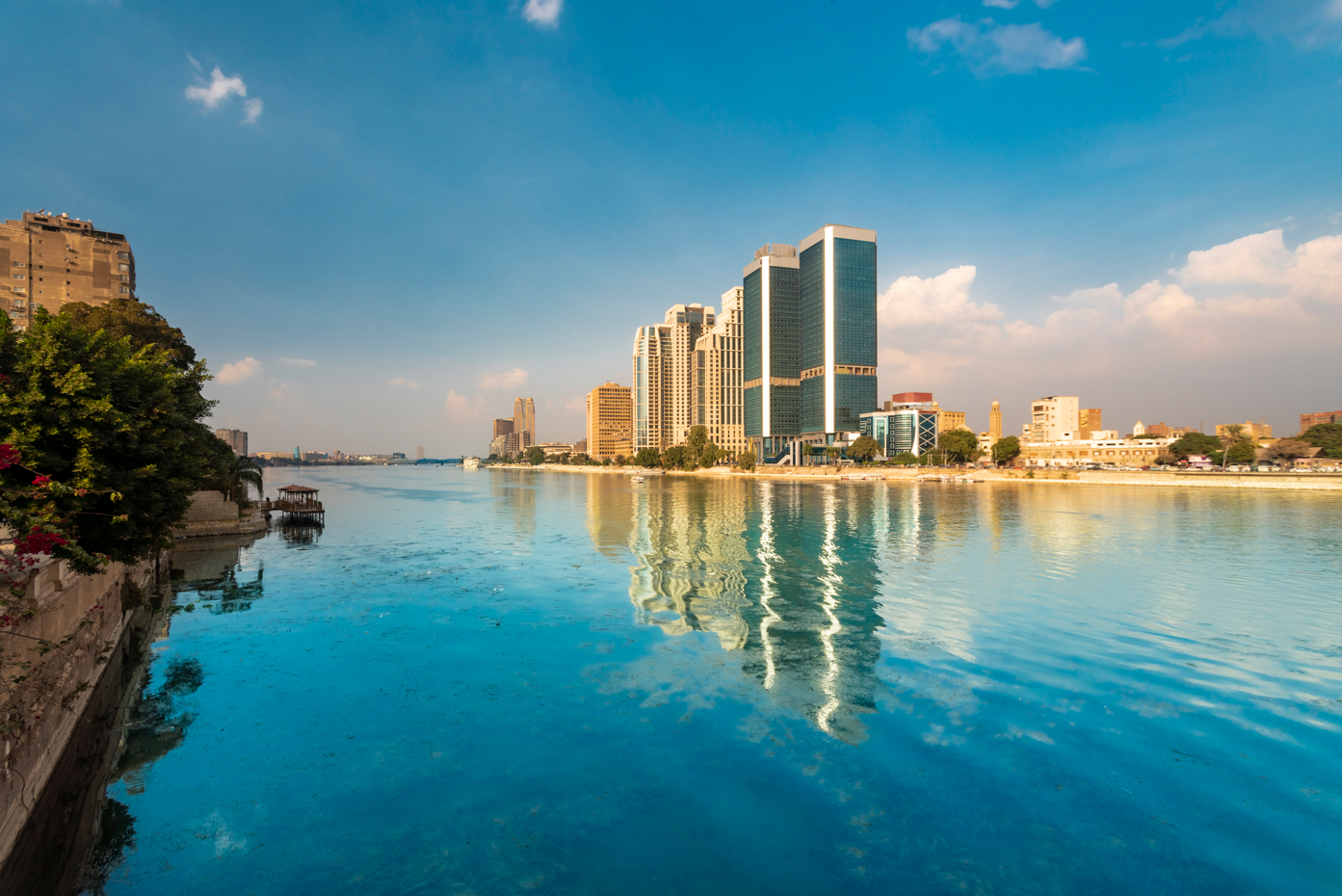Mashreq’s corporate and investment banking business has undergone strategic change in recent years. why was the change needed, and what do you want the business to look like?
Van Dusen: The evolution of Mashreq’s corporate and investment banking group (CIBG) has been underpinned by a basic principle and core corporate consideration: to improve the banking experience for our customers. Within the context of the digital economy and rapidly accelerated post-Covid fintech revolution, change is imperative for any provider of financial services.
We recognise that to provide them with the tools they need to succeed, we have a responsibility to deliver pure-digital corporate banking services, which is why we have invested a significant amount of effort and resources in creating digital platforms. Either through internet banking – or via apps on multiple devices such as smartphones and tablets – all our key products are designed with the sole intention of improving the customer journey. We are also seeing an increase in productivity from our relationship managers (RMs), as they complete even more client calls in the current ‘work from home’ scenario than they were able to previously.
We are strategically focused on leveraging Mashreq’s widespread network to assist our UAE clients with financial service solutions across the GCC, Egypt and India. We also utilise our FIG franchise to capture and finance these opportunities between Europe, North America, and Asia in the GCC regions.
Joel Van Dusen, head of CIBG

We are also continuing our ‘agile’ journey, which is witnessing a positive impact across its major segments through effective collaboration and an ability to respond to change rapidly. These efforts complement the ongoing digitisation initiatives as we strive to provide clients with the very highest level of customer experience. Separately, we are also taking many steps to improve our platforms and introduce new solutions. We plan on announcing some of these initiatives in due course.
How does Mashreq differentiate itself and its CIBG business specifically from other GCC banks?
Van Dusen: Our key product offering for corporate clients and financial institutions is comprehensive. This includes cash management, trade finance, treasury products, investment banking, syndications and debt capital markets, corporate (advisory), and Islamic financing. Importantly we deliver solutions to our clients across the GCC, Egypt and India, where many of clients have a presence and substantial business. This regional focus, broad product set and nimble decision-making, make us standout in the market.
However, beyond offering financial tools and products to meet the financing requirements of our clients, Mashreq brings together industry leaders through a series of think tanks, forums, and webinars, to facilitate knowledge-sharing to help businesses understand market complexities and wider sustainable financing trends. We also partner with clients to meet their trade financing requirements, and I am proud to say that we have been consistently named as the trade finance leader for the Middle East region for a number of years by Euromoney, reiterating our leadership in this line of business.
The CIBG business has reported some pretty strong financial results in recent quarters. Can you provide a bit more detail on the drivers of performance and what type of banking business was executed for clients in specific areas?
Van Dusen: One of CIBG’s core growth strategies has been to leverage Mashreq’s country network to grow wallet share and revenues amongst its UAE clients. The wholesale approach is what our clients expect. Looking ahead, we will continue to grow the market share of the large corporate and middle market segments while growing our wallet through conserted focus on our clients and to provide them with the most innovative solutions.
We are strategically focused on leveraging Mashreq’s widespread network to assist our UAE clients with financial service solutions across the GCC, Egypt and India. We also utilise our FIG franchise to capture and finance these opportunities between Europe, North America, and Asia in the GCC regions.
Mashreq has a strong offering in trade finance and cash management, businesses that tend to form the foundation of long and deep banking relationships. What are the key strengths of the trade business, and how is the bank leveraging those relationships across other banking businesses, i.e., lending and capital markets transactions?
Van Dusen: We are accelerating growth in trade finance and cash management by expanding into regions such as Africa, CIS, and East Asia, leveraging our US dollar clearing capabilities and improving our ability to distribute fixed income assets. We are also advancing our cash and trade platforms by developing new products across the GCC and other international markets and by leveraging advanced technologies to employ new fintech partnerships and advancements in the marketplace. We have made significant investment into automation to offer our clients with best-in-class global transaction banking products. Looking ahead, we will invest further in countries like China, Indonesia, Bangladesh, Nigeria, and western Africa as part of our strategy for growing our trade finance business.
Mashreq is a digital banking leader in the region. But how does this manifest in the CIBG business?
Van Dusen: The digital disruption is fundamental not only to CIBG product and platform development but to how we speak to our corporate clients. At Mashreq, our sales force and our RMs are actively talking to our corporate and investment banking clients about our digital platforms, and we have onboarded hundreds that were historically resistant to getting onboarded digitally. We have also identified critical customer journeys for digitisation and are in the initial stage of launching digital journeys for our corporate clients that will provide them with a superior experience in dealing with Mashreq.
At Mashreq, we recognise that sustainable financing is moving mainstream in the Middle East as investors start to consider the environmental and social impact of their investment portfolios and seek to put their money to use improving sustainability criteria.
Banks today need to demonstrate a strong sustainable finance offering. What does this look like for Mashreq?
Van Dusen: Since its inception, Mashreq has prioritised sustainability as a core value and a necessary precursor to responsible corporate growth. Right now, and going forward, all banks need to mitigate exposure to climate risk, comply with current and future regulations and limit any potential reputational damage from climate inaction.
At Mashreq, we recognise that sustainable financing is moving mainstream in the Middle East as investors start to consider the environmental and social impact of their investment portfolios and seek to put their money to use improving sustainability criteria. Sustainable financing is a key growth area for Mashreq and one that CIBG is actively engaged with. We have led several noteworthy deals in the region, including the largest sustainability corporate deal in the MENA region. The sustainability and green financing deals that Mashreq has been involved in amount to $15.5bn in the last 24 months.
We fully support the UAE’s 2050 Net Zero commitment and recently joined the United Nations Global Compact (UNGC) initiative. Through it, we have committed to further incorporating the principles of social and environmental responsibility, integrity and transparency, and robust social and governance practices across the organisation.
We also partnered with the Egyptian government on COP27, demonstrating our engagement around the topics of youth and future generations, finance and energy. The commitment will continue throughout 2023, particularly with our Rise Up Youth Initiative and partnership with Model COP, building skills and knowledge in youth across the region.
What are some of the key risks and challenges that you expect the bank’s CIBG clients to experience over the next 12 months?
Van Dusen: Russia’s invasion of Ukraine and its effects on commodity markets, supply chains, inflation, and financial conditions have steepened the slowdown in global growth – these dynamics are a clear threat to the corporate world and the investor community.
At the same time, these issues, combined with the rising energy, food, and commodity prices, are accelerating inflation. According to Euromonitor International, overall global inflation is expected to reach 7.9% in 2022 and 5% in 2023. These inflationary pressures have prompted the fastest rise in global interest rates since the early 1990s, and we also anticipate that the recovery in MENA is expected to be uneven. Real GDP growth is forecast at 5% in 2022.
Over the next year, domestic policies should be formulated to address the impacts of high energy and food prices – but support should be focused on those citizens most affected without distorting prices. Across the MENA region, the rise in food prices is among one of several major downside risks to growth and development across many developing countries, with adverse implications for political and social stability.
There is also the issue of climate change, which could impact the MENA region and exacerbate the threat to economic stability and investment. Implementation of decarbonization actions with a particular emphasis on the energy and transportation sectors is, therefore, essential.





